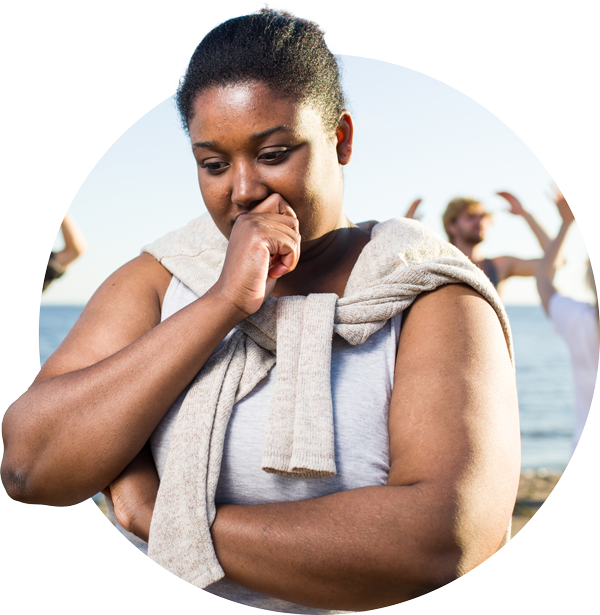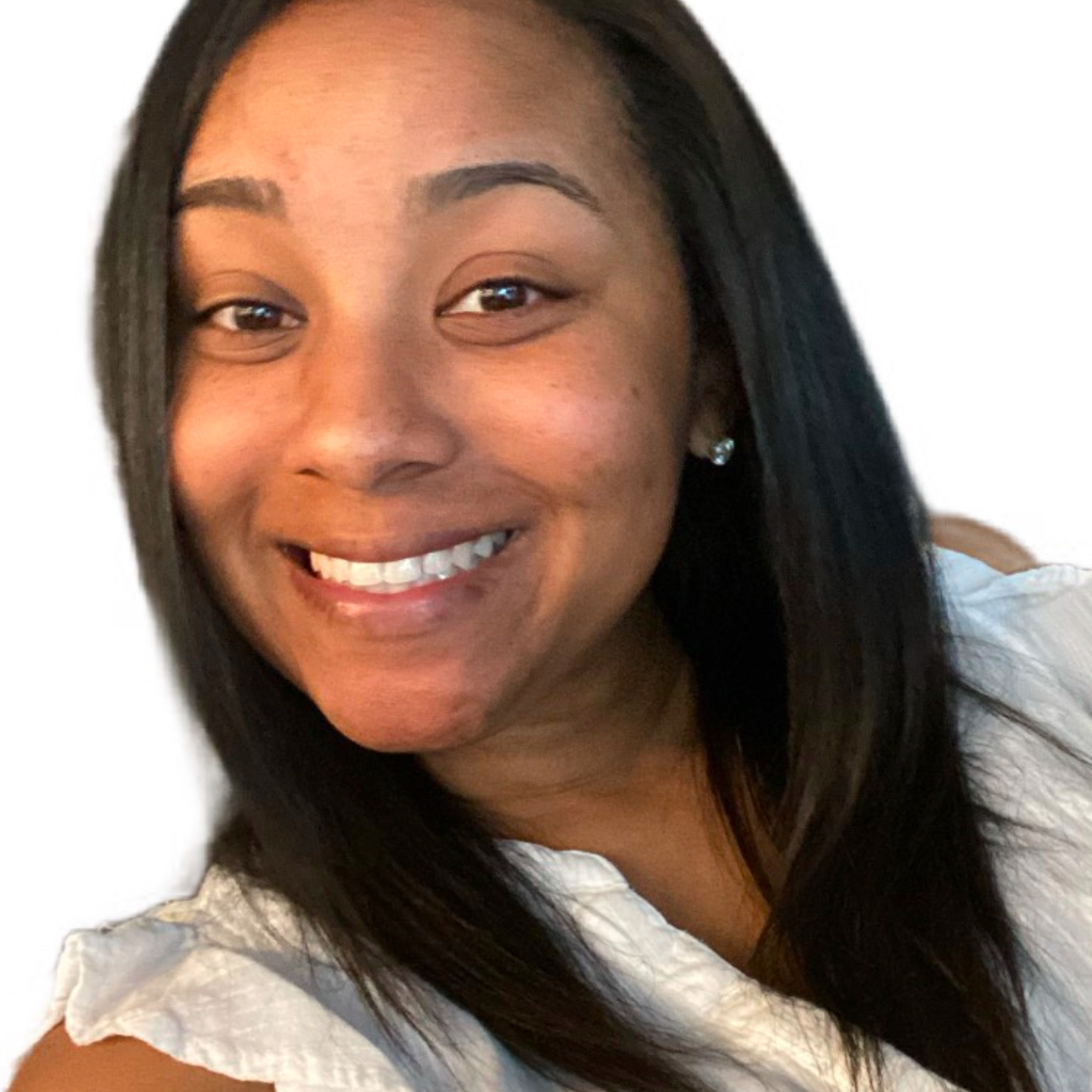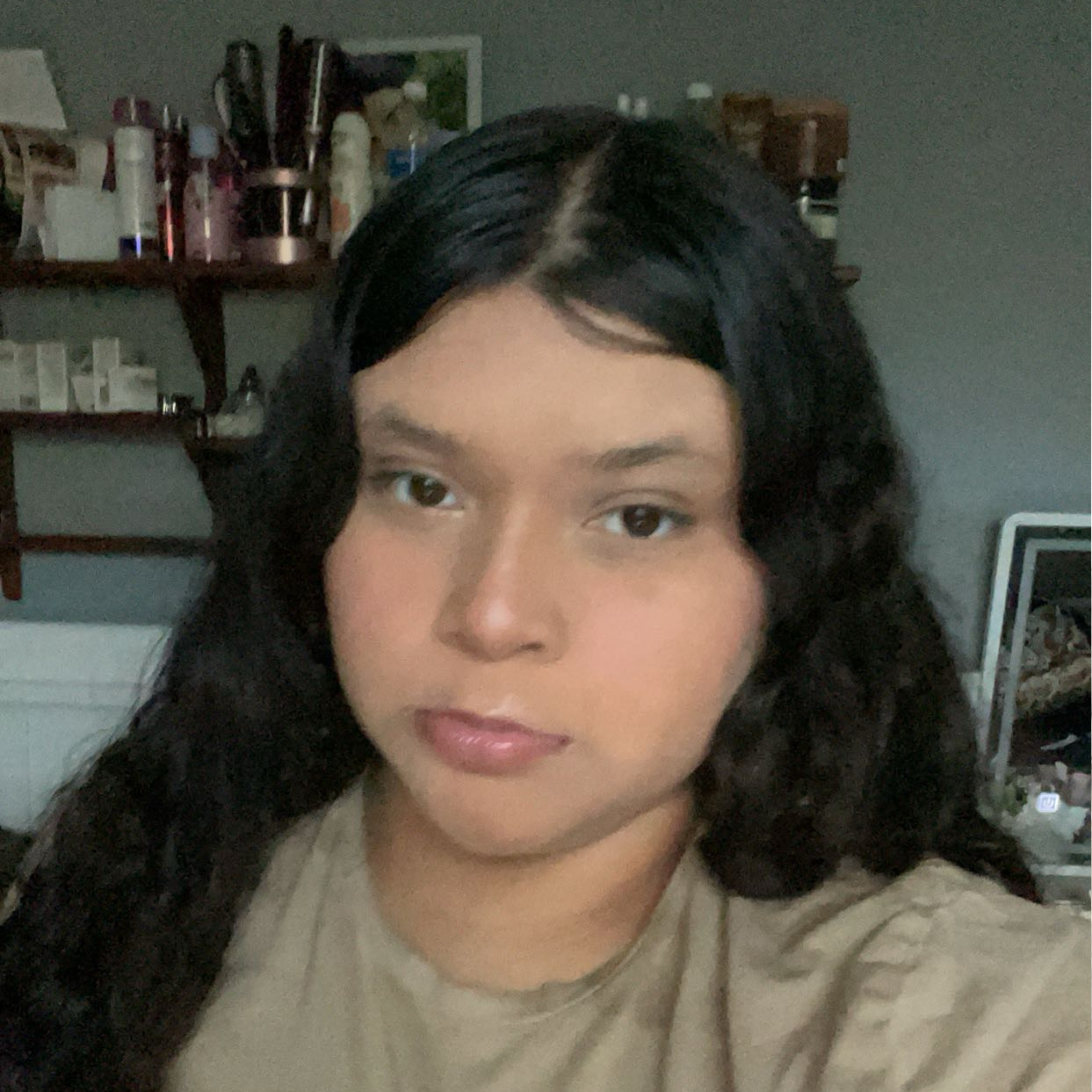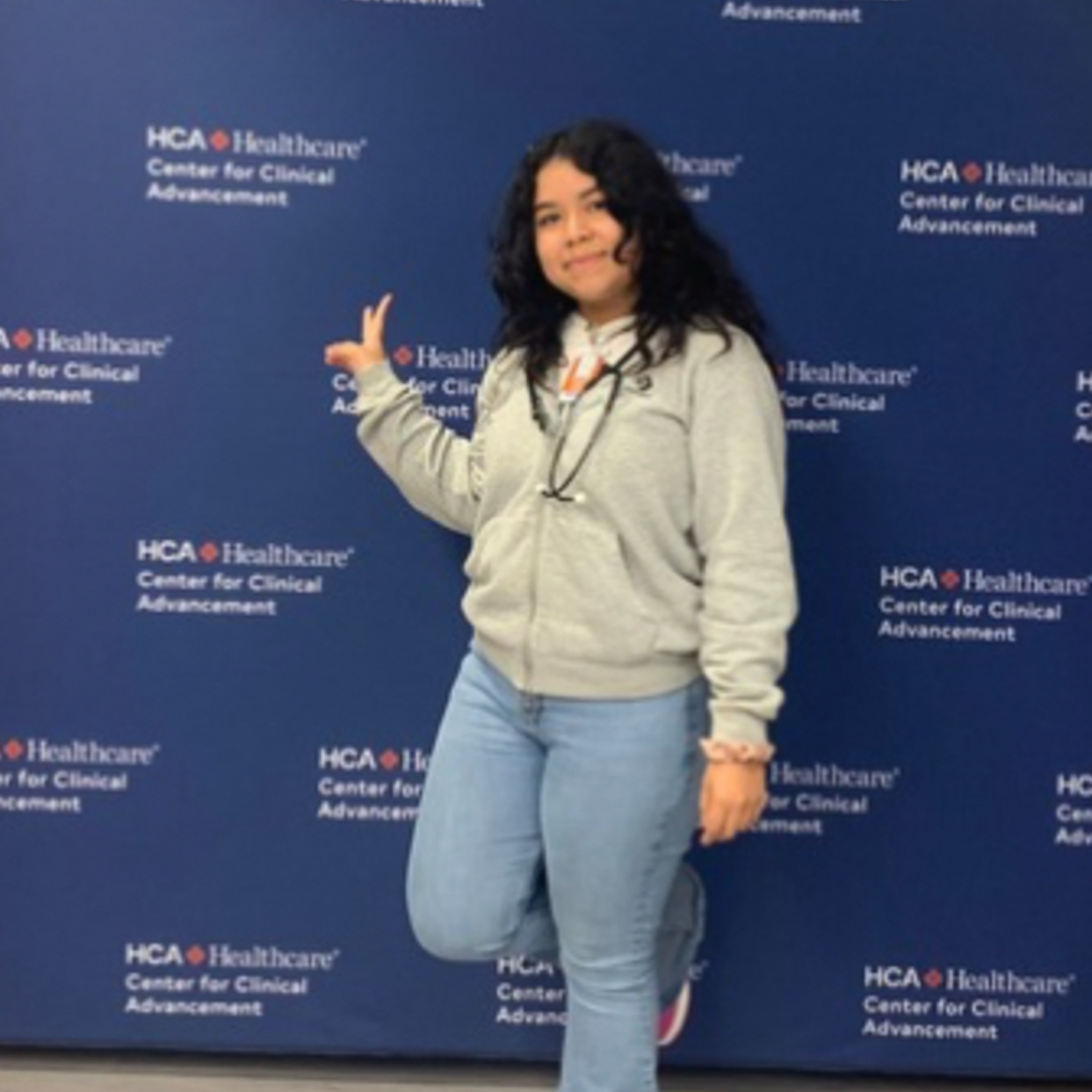Mental Health Matters
Supporting Our Community & Students
Our Nashville community has faced immense hardships in recent years, and our students have been directly affected. At HosaCares, we believe in the power of education, awareness, and access to mental health resources. Everyone deserves support, and having a place to turn for help can make all the difference. Whether you’re looking for information, seeking guidance, or just need someone to listen—you are not alone.

Over 90% of people who die by suicide have a treatable mental health condition, making early intervention critical.
Talking about suicide does not increase risk—it increases awareness and saves lives.
Mental Health
What is it?
Mental health is a person’s emotional, psychological, and social well-being. It affects how we think, feel, and handle daily challenges, as well as how we interact with others. Just like physical health, mental health requires care, balance, and support.
Emotional Well-Being
Cognitive Health
Social Connection
Resilience
Self-Care & Support
Mental Well-Being
What is it?
Emotional Balance
Managing stress, emotions, and challenges in a healthy way.
Positive Relationships
Feeling supported and connected to others.
Sense of Purpose
Engaging in meaningful activities and setting personal goals.
Self-Awareness
Understanding your emotions, thoughts, and triggers.
Healthy Habits
Practicing self-care through rest, movement, and mindfulness.
Mental well-being is more than just the absence of mental illness—it’s about feeling balanced, motivated, and connected in everyday life. It involves having the ability to navigate challenges, adapt to change, and recover from setbacks. When a person has strong mental well-being, they can manage stress, maintain a positive outlook, and build meaningful relationships that provide support and encouragement.
Taking care of mental well-being is an ongoing process that requires self-awareness, self-care, and a willingness to seek help when needed. It means recognizing emotions, understanding personal limits, and developing healthy coping strategies. By prioritizing mental well-being, individuals can improve their overall quality of life, strengthen their resilience, and create a sense of fulfillment and purpose in both personal and professional spaces.
What a good mental health looks like?
Good mental health isn’t about being happy all the time—it’s about resilience, self-compassion, and balance. It means managing stress, maintaining healthy relationships, and handling challenges without feeling overwhelmed. A mentally healthy person recognizes their emotions, expresses them in a healthy way, and seeks support when needed. It’s also about finding joy, staying connected, and prioritizing self-care. Difficult days happen, but good mental health helps you recover and move forward.
Risk Factors


Know Your Risk Factors
Understanding mental health risk factors can be the first step toward getting the right support. This questionnaire is not a diagnosis but a tool to help recognize signs of distress, feelings of hopelessness, or other mental health challenges.
- Identify potential risk factors for mental health struggles
- Gain insight into emotional well-being
- Learn when and how to seek help
Bad mental Health
What Does Struggling with Mental Health Look Like?
Mental health struggles don’t always look the same for everyone. Some signs are obvious, like persistent sadness or anxiety, while others are more subtle, like feeling disconnected or unmotivated. Recognizing these challenges is the first step toward seeking support.
Emotional & Psychological Struggles
Feeling overwhelmed, drained, or disconnected from yourself and others can be a sign of mental health struggles. Persistent sadness, anxiety, irritability, or a sense of emptiness may make it hard to find joy in daily life.
Cognitive & Behavioral Changes
Mental health challenges can impact focus, motivation, and decision-making. You might find it difficult to concentrate, lose interest in things you once enjoyed, or feel stuck in a cycle of negative thoughts.
Physical Signs & Everyday Challenges
Struggles with mental health can affect the body, leading to changes in sleep, appetite, and energy levels. Simple tasks may feel exhausting, and daily responsibilities can become harder to manage.
Resources & Next steps
Find Support & Take the Next Step
If you’re struggling with your mental health, know that help is available, and you are not alone. Whether you need immediate support or are looking for long-term guidance, there are resources to help you take the next step.
Talk to Someone You Trust
Reach out to a friend, family member, teacher, or mentor. Opening up about how you’re feeling can be the first step toward finding support.
Seek Professional Help
Therapists, counselors, and psychiatrists can provide guidance, coping strategies, and treatment options tailored to your needs. Many offer virtual or low-cost services.
Use Crisis Hotlines & Support Services
If you need immediate help, crisis hotlines and text services offer 24/7 confidential support. There are professionals ready to listen and provide guidance when you need it most.
Prioritize Self-Care
Small actions can make a difference—get enough rest, eat nourishing foods, stay active, and practice mindfulness. Taking care of yourself physically can support your mental well-being.
Taking the first step can feel difficult, but even small actions—like journaling, scheduling a check-in with a professional, or joining a support group—can lead to positive change. You deserve support, and there are people ready to help.
Confidentiality Notice
Your Privacy Matters
Seeking help is a personal step, and your privacy is respected. Conversations through crisis hotlines, text lines, and online chat services are confidential within the limits of the law. Crisis support teams prioritize your safety, and in rare cases where there is an immediate risk of harm, professionals may take necessary steps to protect you or others.
You are not alone—support is available in a secure and private space.
Your Conversations Are Private
Crisis hotlines, text lines, and chat services keep your information confidential.
Safety Comes First
If there’s an immediate risk of harm to you or others, trained professionals may take steps to ensure safety.
Each Service Has Its Own Policy
Review confidentiality guidelines for any hotline or service you use.
No Judgment, Just Support
Crisis responders are here to listen, not to judge.
Help Is Always Available
No matter what you’re going through, you have access to safe and confidential support.
Get Support
Find the Help You Need
If you’re struggling with your mental health, you’re not alone. Whether you need immediate crisis support or long-term care, there are professionals and resources available to help.
Professional Help
Therapists & Counselors – Talk therapy for anxiety, depression, stress, and more.
Psychiatrists – Medical doctors who diagnose and prescribe medication for mental health conditions.
Community Mental Health Centers – Local clinics offering low-cost or free services.
Online & Workplace Support
Online Therapy Platforms – Virtual counseling through services like BetterHelp, Talkspace, and 7 Cups.
Employee Assistance Programs (EAPs) – Mental health support offered by some workplaces.
Peer & Group Support
Support Groups – Organizations like NAMI (National Alliance on Mental Illness) and Mental Health America offer peer-led groups.
Local & Online Communities – Forums and meetups provide connection and shared experiences.
Immediate Crisis Support
If you’re in crisis or need urgent help, these free and confidential services are available 24/7:
988 Suicide & Crisis Lifeline (U.S.) – Call 988 for immediate support.
National Domestic Violence Hotline – Call 800-799-SAFE (7233) or text START to 88788.
SAMHSA National Helpline – Call 800-662-HELP (4357) for substance abuse and mental health referrals.
Text & Chat Resources
If you’re in crisis or need urgent help, these free and confidential services are available 24/7:
Crisis Text Line – Text HOME to 741741 for immediate support.
Trevor Project (LGBTQ+ Youth) – Text
START to 678678 or chat online at www.thetrevorproject.org.
Love is Respect (Healthy Relationships) – Text LOVEIS to 22522 or chat at www.loveisrespect.org.
Our Team
Working Together

Ms. Buchanan
Ms. Buchanan is a Mental Health Advisor for Cane Ridge High School’s HOSA Club and a School Social Worker. With 13 years of experience—seven in schools—she has worked in child welfare, family homelessness, inpatient care, private therapy, and education. An LCSW and LSSW, she earned her BSSW and MSSW from the University of Tennessee, Knoxville. She supports students with mental wellness, emotional health, and coping strategies while also providing therapy for adults.

Julia Rivera
As a junior at Cane Ridge High School, I, Julia Rivera, want to support mental health by encouraging open conversations and promoting self-care. I strive to be a supportive friend, check in on others, and spread awareness about available resources. Through HOSA and peer support groups, I advocate for mental well-being at school and online. By fostering a positive environment, I hope to break the stigma and make a difference in my community.

Katherine Ramos
My name is Katherine Ramos, and I’m a junior. I have been in HOSA for two years. I plan to attend Trevecca for a bachelor’s degree in psychology or TSU for a degree in architecture and construction while being part of the marching band. I would like to become a psychologist so I can help my community with mental health. My goal is to support children and teenagers in improving their mental well-being.

Arlin Carranza
My name is Arlin Carranza, and I’m a senior at Cane Ridge High School. I’ve been in HOSA for three years and currently serve as president. After graduation, I plan to attend Belmont University or MTSU to earn a Bachelor of Science in Nursing. My goal is to become a pediatric nurse and make mental health awareness a priority in both my career and community. I want to support kids and their families, help break the stigma around mental health, and create a more open and understanding environment for everyone!
Timeline
Working Towards a Goal
November 2024
Choosing Our Competition Event
In November, we took the first step in our journey by selecting our HOSA competition event. This decision set the foundation for our work, allowing us to focus on a meaningful project that aligns with our passion for mental health awareness.
December 2024
Launching "31 Days of Wellness"
On December 20, we officially kicked off our “31 Days of Wellness” campaign with an announcement post. Throughout the month, we shared daily content focused on mental well-being, including self-care tips, mindfulness strategies, and mental health resources. Our goal was to encourage small, daily actions that promote overall well-being.
January 2025
Building Engagement & Interactive Content
With the new year, we kept the momentum going by continuing our daily wellness posts. We introduced interactive challenges, encouraging engagement from students and our community. Through polls, Q&A sessions, and personal stories, we made mental health conversations more open and accessible.
February 2025
Exploring New Aspects of Wellness
As we entered February, our posts began highlighting different aspects of health and wellness each week. We covered topics such as stress management, emotional resilience, healthy relationships, and physical well-being, ensuring a well-rounded approach to mental health education.
March 2025
Wrapping Up & Preparing for Competition
As our wellness initiative comes to a close, we remain committed to daily posts while shifting our focus toward final competition preparations. Reflecting on everything we’ve shared and learned, we’re proud of the impact we’ve made in raising awareness and promoting mental well-being in our community.
Be There Certified
Learning to Support Mental Health
Recognizing when someone is struggling and knowing how to help can make a huge difference. That’s why we completed the Be There Certification, an online program that teaches how to support others while maintaining our own mental well-being.
This training provided us with five essential guidelines for helping someone facing mental health challenges:
State What You Observe
Instead of making assumptions, point out the changes you’ve noticed in someone’s behavior and ask how they’re feeling. Keep it factual and open-ended.
Demonstrate Your Concern
Actions speak louder than words. Offer practical support but let the person tell you what they need. If they’re unsure, suggest a few options.
Listen to Their Perspective
Active listening helps people feel heard. Make eye contact, avoid interruptions, and ask open-ended questions to create a safe space for conversation.
Understand Your Responsibilities
You don’t have to solve their problems—just be present and supportive. Setting healthy boundaries helps protect both your friendship and your own mental well-being.
Collaborate to Provide Support
While you can’t force someone to seek help, you can offer resources and guidance. Help them navigate barriers like cost, scheduling, or transportation if they choose to seek professional support.
The Be There approach reminds us that small actions can have a big impact. By using these tools, we can create a more understanding and supportive community.
